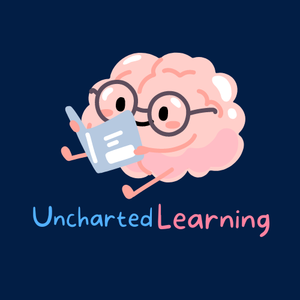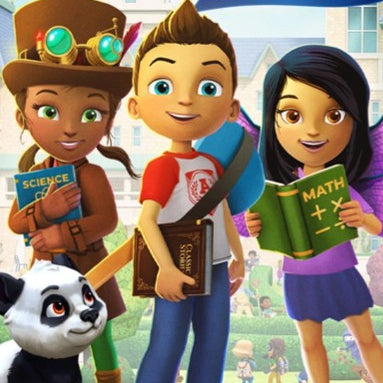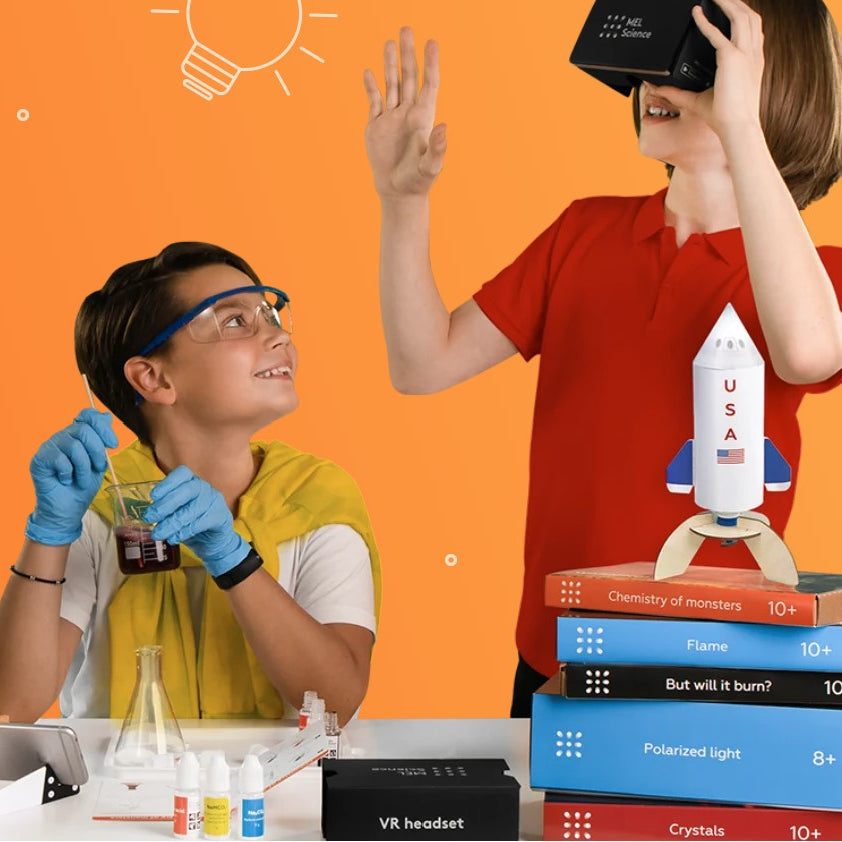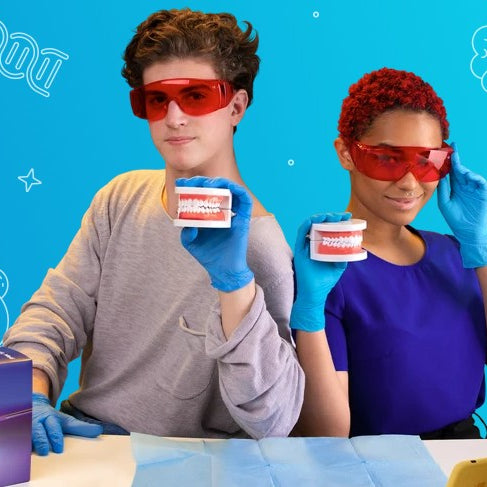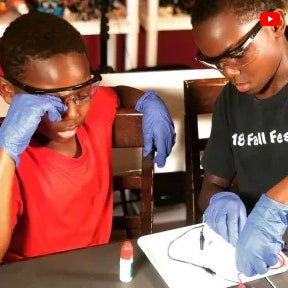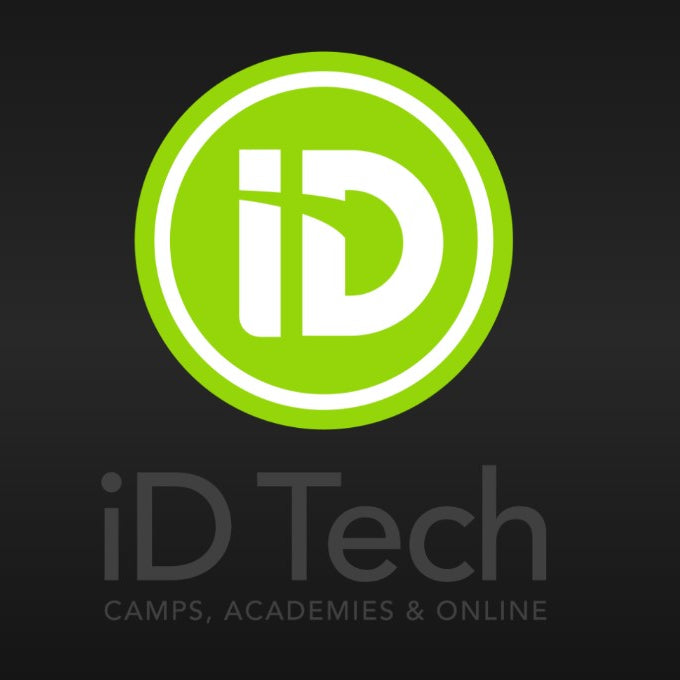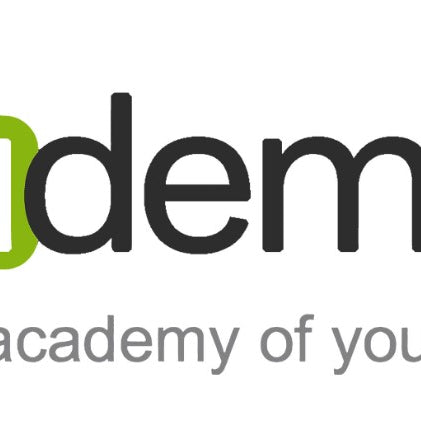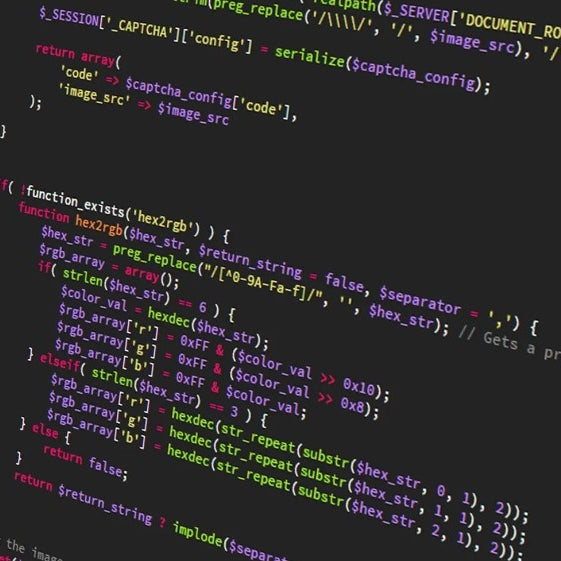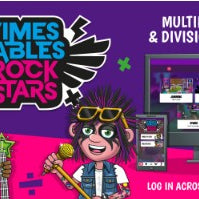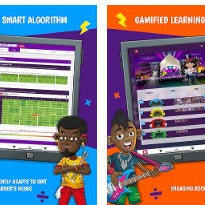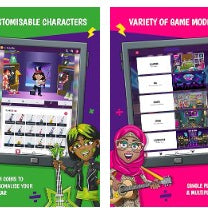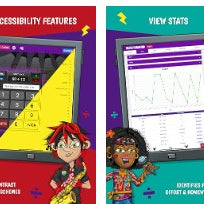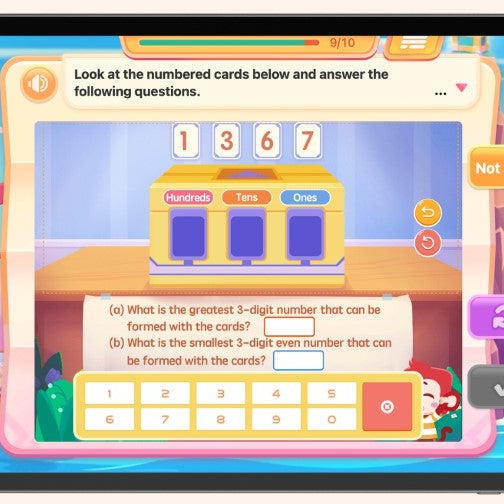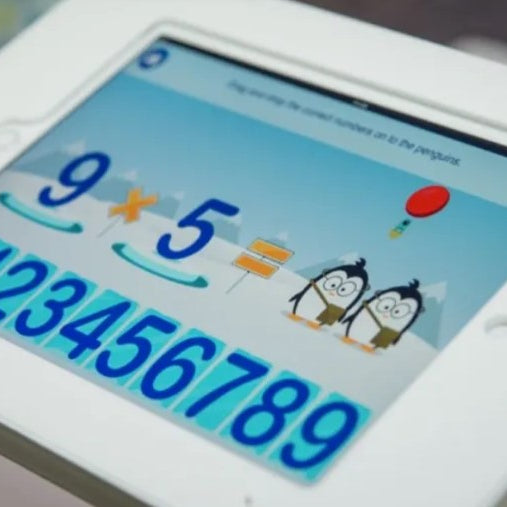As an unschooling parent, you might find yourself wondering, “Do I need a lesson plan?” While traditional education relies heavily on structured lesson planning, unschooling thrives on a more flexible and child-led approach. Based on my experience, the answer is a resounding no—unschooling encourages learning through curiosity, exploration, and real-world experiences rather than rigid plans.
FYI: Some links here help us continue creating content (small commission).
Understanding Unschooling
 Before delving into the necessity of lesson plans, it's essential to grasp the concept of unschooling. Unschooling is a child-led, interest-driven approach to education. Rather than following a predetermined curriculum, learning is guided by the child's interests and curiosity, with the parent serving as a facilitator rather than a teacher. Resources for learning are abundant and diverse, ranging from books and the internet to museums, zoos, and everyday life experiences.
Before delving into the necessity of lesson plans, it's essential to grasp the concept of unschooling. Unschooling is a child-led, interest-driven approach to education. Rather than following a predetermined curriculum, learning is guided by the child's interests and curiosity, with the parent serving as a facilitator rather than a teacher. Resources for learning are abundant and diverse, ranging from books and the internet to museums, zoos, and everyday life experiences.
The Role of Lesson Plans in Unschooling
In the realm of unschooling, rigid lesson plans are unnecessary. The beauty of unschooling lies in its flexibility and adaptability to the child's individual needs and interests. While traditional lesson plans may outline what subjects will be taught at specific times, unschooling recognizes that learning happens organically and continuously, not confined to scheduled time slots.

That said, some level of planning may still occur in the form of scheduling outings, activities, or events that align with the child's interests. For example, a visit to a museum or participation in a 4H class may be scheduled, but even then, flexibility reigns supreme. Time is fluid in the unschooling approach, allowing for spontaneity and exploration.
Deschooling: Finding Your Rhythm
For those accustomed to structured schedules and detailed plans, transitioning to unschooling may require a period of "deschooling." Deschooling involves taking time off from structured learning to rediscover interests and rhythms. This period allows both the child and parent to reset and realign with the principles of unschooling.

Once deschooling is complete, families can collaboratively set goals and milestones based on the child's interests and aspirations. These goals can range from reading specific books to mastering multiplication tables or maintaining a journal/blog. Rewards for achieving these goals can be as simple as a pizza party or a movie night, fostering a sense of accomplishment and motivation.
Share Your Approach
Whether you're a seasoned unschooler or considering the approach for the first time, I'd love to hear about your experiences and strategies for planning (or unplanning) your year. Feel free to share your insights in the comments below!
